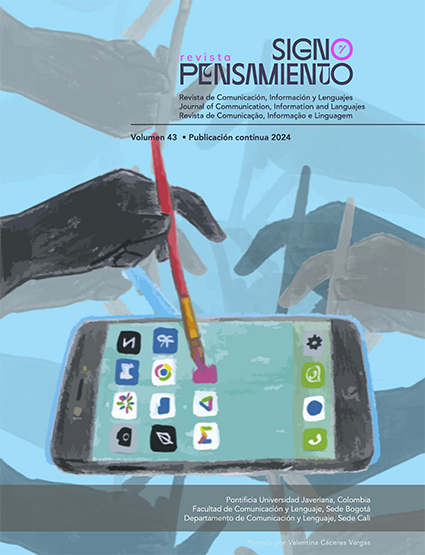Abstract
The objective of this study was to review the practice of "retweet" as an activity of social influence and persuasion in digital social networks, to identify the variables associated with e-WOM phenomenon in human rights related massages on Twitter®. A total of 46,380 tweets generated by accounts associated with the protection and promotion of human rights in Colombia were downloaded and 11,839 of those tweets with 100 or more "retweet_count" were analyzed. The analysis was performed using the classification tree technique, through the CHAID method that allows identifying the variables associated with the number of "retweet_count" of massage. The results show that content is the most important factor in achieving a better level of “retweet count” and greater social influence in the network. Contrary to other related studies, the use of #Hashtag, video or URL have no relationship with the prediction of retweetability and the flow fluidly between Twitter® users.

This work is licensed under a Creative Commons Attribution 4.0 International License.
Copyright (c) 2024 Luis Alfonso Tejada Orozco, Marithza Sandoval-Escobar, Juan Carlos Rincón Vásquez, Álvaro Rivera-Eraso

